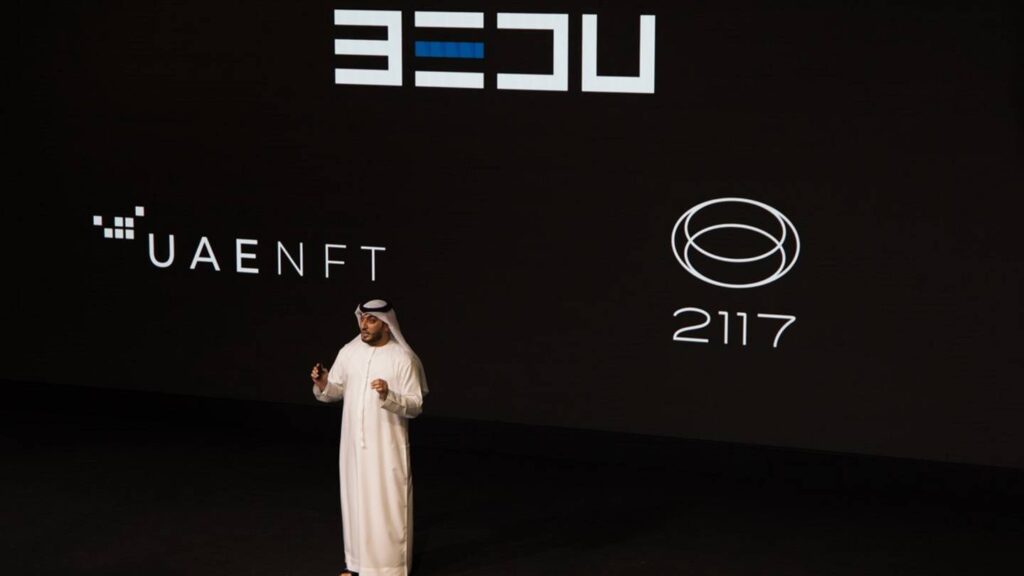The Dubai-based metaverse start-up Bedu has presented its brand-new virtual environment, which is the first to model the UAE’s intended voyage to Mars and focuses on the country’s objectives for space research.
The virtual world, called Metaverse Project 2117, aims to become an environment that will host 100 million users in the next 10 years, leveraging blockchain and decentralised hosting techniques to deliver high-quality aesthetics, Bedu said.
It is in line with the UAE’s Mars 2117 project, which aims to establish the first inhabitable human settlement in the Red Planet by 2117. As part of the strategy, the Emirates will build a complex of buildings called Mars Scientific City.
The city will comprise laboratories for food, energy and water, agricultural testing and studies about food security in the future. It will also include a laboratory that will stimulate the planet’s terrain and harsh environment through advanced 3D printing technology, and heat and radiation insulation.
Earlier this week, Bedu signed a preliminary agreement with the Mohammed bin Rashid Space Centre, in which the latter will be supporting Bedu in the development of this metaverse.
Amin Al Zarouni, chief executive of Bedu, said the metaverse — in all fields — will be able to complement the real-life economy, with the proper investments and manpower that will develop the infrastructure and regulatory framework over the coming decades.
“Mars is a destination aligned with [the UAE’s] vision and direction. Our focus is purely on creating a world where people can socialise, network and live together without any differentiation between race, culture and religion”,
“As with any technology, it will impact multiple pillars, and the economic factor is one of the most important pillars.”
The metaverse is the emerging space where people, represented by avatars or three-dimensional representations, can interact in virtual worlds.
It is part of Web3, the next evolutionary step of the internet, with blockchain, decentralisation, openness and greater user utility among its core components.
The UAE has taken a number of major steps to integrate the metaverse and its related technology, including cryptocurrencies, into the economy, government and society. Next week, Dubai will be hosting the Dubai Metaverse Assembly, the first industry event focused on the technology.
In July, the government unveiled the Dubai Metaverse Strategy, which aims to create 40,000 jobs and add $4 billion to the emirate’s economy over the next five years.
In May, Dubai’s Virtual Assets Regulatory Authority (Vara) – which was established under the Dubai Virtual Asset Regulation Law, the first such law in the emirate – said it had established its Metaverse HQ, making it the first regulator to have a presence there.
Mr Al Zarouni said the metaverse is still in its early stages – it can be referred to as “betaverse” – and a realistic timeline for it to go mainstream is 5 to 10 years.
New jobs for the metaverse are either existing or being created, but roles require extensive knowledge from a combination of already existing technologies, Mr Al Zarouni said. As such, he said metaverse roles can be expected to be among the most well-paid globally.
Mr Al Zarouni said that cyber crime in the metaverse can be kept at bay more compared to other present digital spaces as, very much like the concept of blockchain and decentralisation, the policing efforts will come from users themselves.
“That’s the whole concept of the creation of a decentralised world. The power is with the content producer, not anymore with the content holder. We believe that the metaverse has to be governed in a decentralized aspect where the policing happens by the community themselves, he said.
Mr. Al Zarouni noted that Bedu is now serving in a consulting capacity with private foreign organisations for their energy projects.


